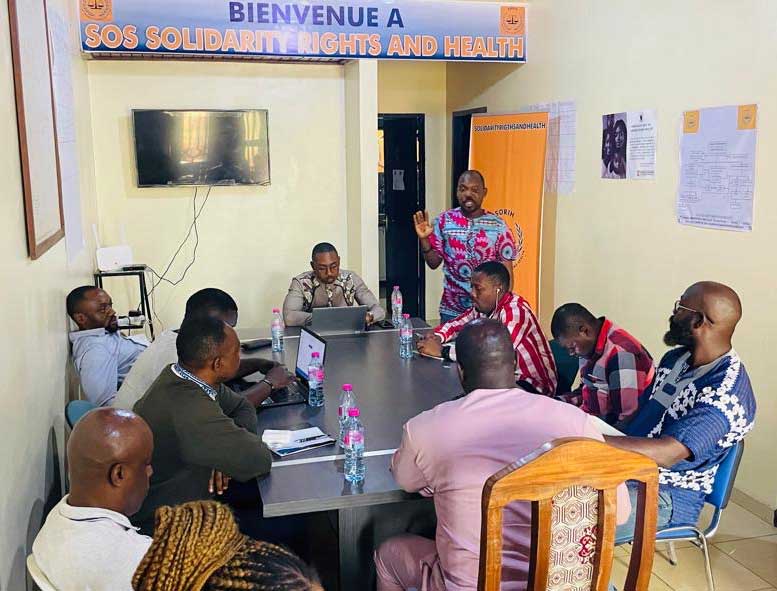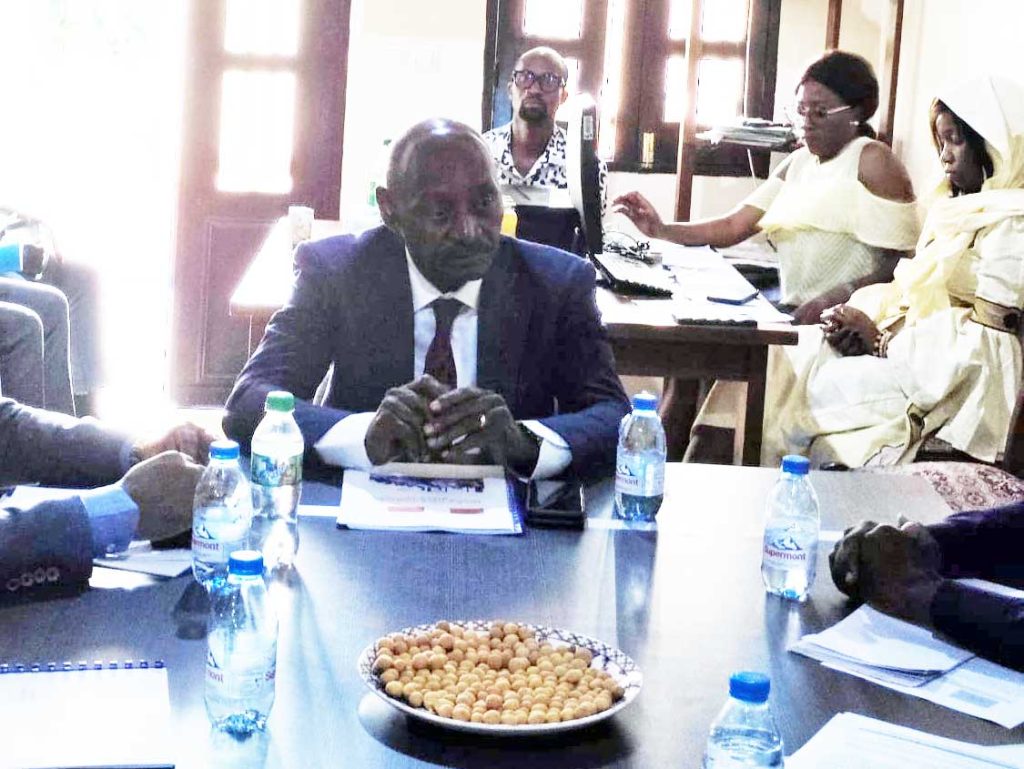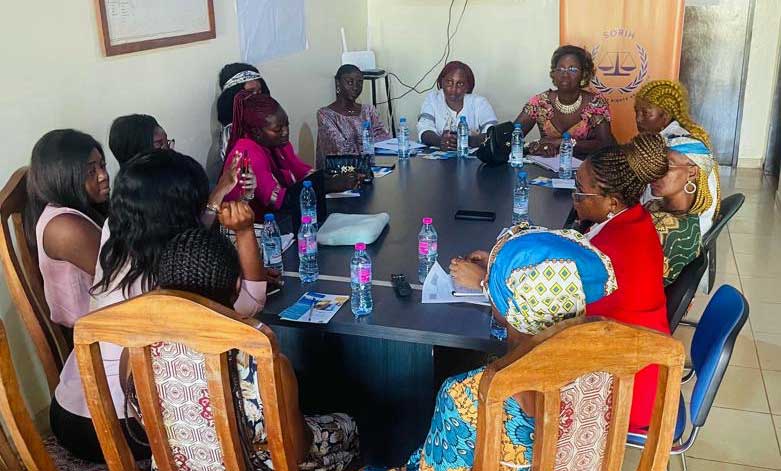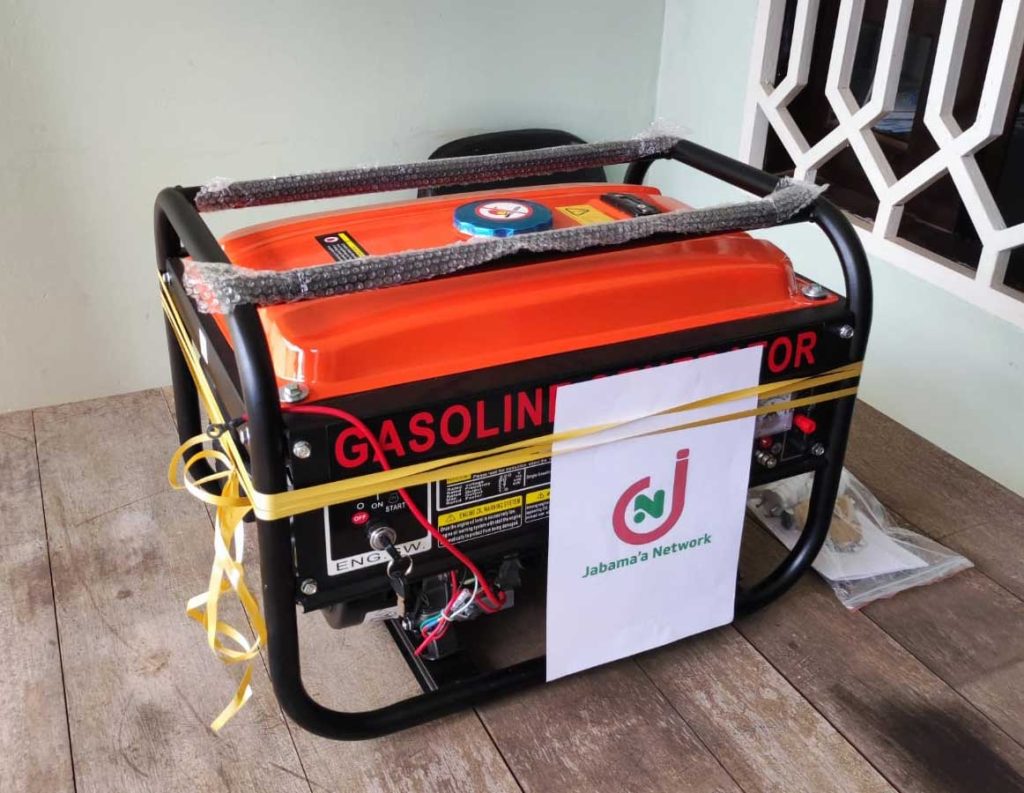
A panel discussion during the SOS Solidarity launch celebration focused on the impact of a new Cameroonian law that prohibits broadcasts that show “deviant practices.”
By Jean Jacques Dissoke
SOS Solidarity Rights and Health Association (SORIH) launched a new project last month in Yaoundé, Cameroon, to fight against violence against women, young people and adolescents, advocate for family planning, and provide prevention, screening, and treatment of HIV/AIDS for men who have sex with men.
A week marking the official launch of activities took place from July 1-5 in the Odza section of Yaoundé where the community-based organization of LGBTI people and allies is based. Activities, which included screening for HIV and sexually transmitted infections, a round table on family planning, proctological consultation, and a legal clinic, attracted more than a hundred participants.
Among the organization’s technical and financial partners are UN Women, UNAIDS, the UN Center for Human Rights, the UN Population Fund, and the Cameroonian nongovernmental organization JAPSSO, while other groups participating included Affirmative Action, CAMFAIDS, and Health and Human Rights Cameroon.

Gabriel B. Effila, mayor of the Yaoundé 4 district, attended the launch ceremonies of the new SOS Solidarity center.
A panel discussion focused on how to interpret the law passed last year that restricts audiovisual companies from broadcasting anything that shows “deviant practices.” Participants were concerned about the impact of this law on the work of LGBTI organizations in Cameroon.

A round table discussion during the SOS Solidarity launch celebration focused on gender and female leadership.
“We are working for better protection and promotion of the rights of vulnerable people in Cameroon,” says SOS Solidarity Executive Director Maxime Nemi Bong.
Nemi Bong also announced that the organization is planning to open a community center that can offer proctology services, which is key to improving health outcomes from LGBTI people and helping prevent HIV.
Proctology is a medical service to treat the anus, rectum, and colon.
In Cameroon, diseases of this part of the body are strongly identified among transgender people and men who have sex with other men, but these people have difficulty accessing health services due to the prejudices such as the erroneous belief that health problems in that part of the body are reserved for homosexual people. That’s compounded by the fact that gay sex is criminalized in Cameroon.
The HIV/AIDS prevalence rate in Cameroon is 2.1% according to the latest statements by the Minister of Public Health, but among men who have sex with other men and transgender people, that proportion rises to 25% according to the 2021 EDS study. It is believed that untreated illnesses in the anal canal may be a risk factor exacerbating exposure to HIV.

This generator, donated to SOS Solidarity by the Belgian charity Jabama’a Network, will help keep operations from being disrupted by Yaoundé’s frequent power outages.
SOS Solidarity’s new community center for proctology services will support LGBT people as well as women and young girls. It is aiming to acquire new medical equipment to provide a full range of services.
It has already received a generator from a Belgian partner which will help facilitate its work in the case of power outages.
Jean Jacques Dissoke, the author of this article, is a Cameroonian activist. Contact him at [email protected].
Source: African Human Rights Media Network member Erasing 76 Crimes.
COMMENTS